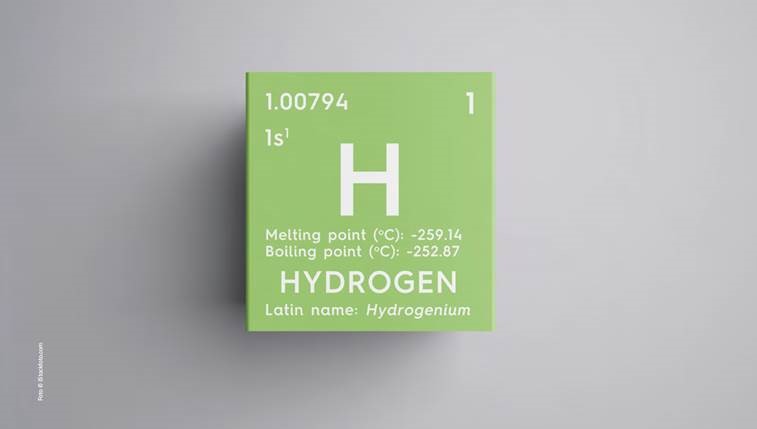
The Hydrogen Economy: Too Much Hype, Too Little Science

Can hydrogen, the simplest element of the periodic table, become the missing piece of the world’s urgent transition to carbon neutrality by 2050?
Because hydrogen does not emit carbon dioxide when used, it is touted –once again– as the solution to decarbonization and is fueling the latest hype around the “Hydrogen Economy”, an (overly) optimistic scenario where pure hydrogen replaces fossil fuels. In fact, hydrogen has become a pillar of the EU’s Green Deal strategy, which includes setting up a “hydrogen alliance” to funnel public money to businesses developing “green” hydrogen. However, nature does not conveniently offer up hydrogen in pure form. This means that separating it and exploiting it is expensive and energy-intensive; it is also carbon-intensive when it is produced from fossil fuels, as is the case with the vast majority of hydrogen production today. The physics of hydrogen should govern our understanding of its limits.
Ambienta believes that while hydrogen will be a viable tool to decarbonize “hard-to-abate” industries like steel and chemicals, where limited green alternatives exist, its sustainable competitiveness in other industries must be challenged. The urgency of climate change makes it imperative not to waste precious resources on inefficient and illusory chimeras or risk slowing down the overall decarbonization process.
Environmentally-minded investors and policymakers should heed this caution.

